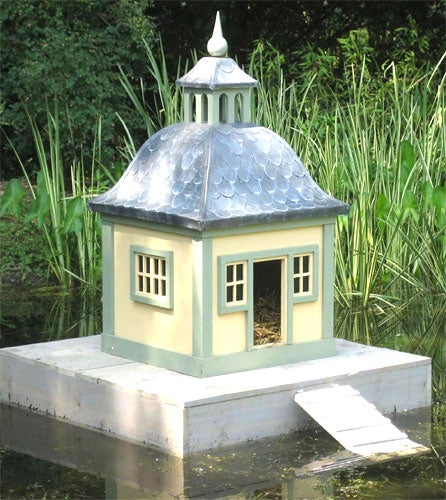Voters more concerned about straight answers than crooked expenses
Poll shows that public's view of politicians has not been affected by scandals

Your support helps us to tell the story
From reproductive rights to climate change to Big Tech, The Independent is on the ground when the story is developing. Whether it's investigating the financials of Elon Musk's pro-Trump PAC or producing our latest documentary, 'The A Word', which shines a light on the American women fighting for reproductive rights, we know how important it is to parse out the facts from the messaging.
At such a critical moment in US history, we need reporters on the ground. Your donation allows us to keep sending journalists to speak to both sides of the story.
The Independent is trusted by Americans across the entire political spectrum. And unlike many other quality news outlets, we choose not to lock Americans out of our reporting and analysis with paywalls. We believe quality journalism should be available to everyone, paid for by those who can afford it.
Your support makes all the difference.People are more worried about politicians not giving them "straight answers" than their expenses claims, according to the first major study of the impact of the controversy over MPs' allowances.
The finding will fuel the debate over how specific the political parties should be in outlining their proposals to cut public spending. They have been accused of hiding the painful truth about the measures needed to reduce Britain's £167bn deficit until after the general election.
Academics who carried out research into the impact of the expenses scandal found that "not giving straight answers to questions" scored an average of 8.45 when people were asked how much of a problem it was on a scale of zero to 10. "Making promises they know they can't keep" scored 8.13, the same rating as "misusing official expenses and allowances", while "accepting bribes" scored 6.43.
The research, by Dr Sarah Birch at the University of Essex and Dr Nicholas Allen of Royal Holloway, University of London, found that 28 per cent of people who believed before the scandal erupted that most MPs were trustworthy thought afterwards that most are untrustworthy. However, a larger number (39 per cent) already thought most were untrustworthy before the controversy and still held that view afterwards. More than half said the scandal did not affect their opinion one way or the other.
Polling and focus groups found that Labour was damaged most by the expenses affair. Labour officials admit this is confirmed by their private polling, which suggests the public had "higher expectations" of Labour than of Tory politicians.
During interviews with small numbers of people, several complained that politicians "have their own rules", and there was a persistent sense that politics was an exclusive "club". One participant said politicians "spend their lives in a privileged cocoon".
Perhaps surprisingly, the public's view of the honesty and integrity of elected politicians was not changed by last year's stream of damaging revelations about MPs' expenses. The proportion of people who rated politicians' standards of honesty and integrity as "somewhat low" was 38.2 per cent just before the disclosures and 38.7 per cent five months later.
Dr Birch said: "What was most surprising was that people's concern about misconduct appears to have declined between our two surveys. This may be due to the fact that the British public has become inured to wrongdoing in the wake of the expenses scandal."
Another possible explanation is the evidence uncovered that people largely attribute the decline in standards to the way politics works today rather than to any change in the type of people entering politics. This suggests that hopes that the huge turnover of MPs expected at this year's election will "sweep the stables clean" may be disappointed.
The academics concluded that most members of the public had got used to the idea of wrongdoing by politicians. So while interest or attentiveness in public affairs leads to greater familiarity with scandals in public life, it does not by itself lead to a greater concern about misbehaviour.
The polling, part of the British Co-operative Campaign Analysis Survey project, was conducted online by YouGov. The April 2009 sample contained 1,388 respondents and the September survey 809 respondents. Further details of the research can be found online at www.essex.ac.uk/government/ethicsandintegrity
Near miss Expenses election clash avoided
The case against another politician suspected of abusing expenses has been handed to prosecutors, the eighth file to be passed on by police. Four cases have so far led to charges. Labour's leadership was breathing a sigh of relief yesterday after three MPs caught up in the scandal were almost forced to appear in court on election day. David Chaytor, Elliot Morley and Jim Devine were initially told to reappear for three days ending on 6 May. They intend to use parliamentary privilege to argue that they should not be dealt with by the courts. However, the hearings will now be moved after lawyers said the three could not make the dates.
Join our commenting forum
Join thought-provoking conversations, follow other Independent readers and see their replies
Comments